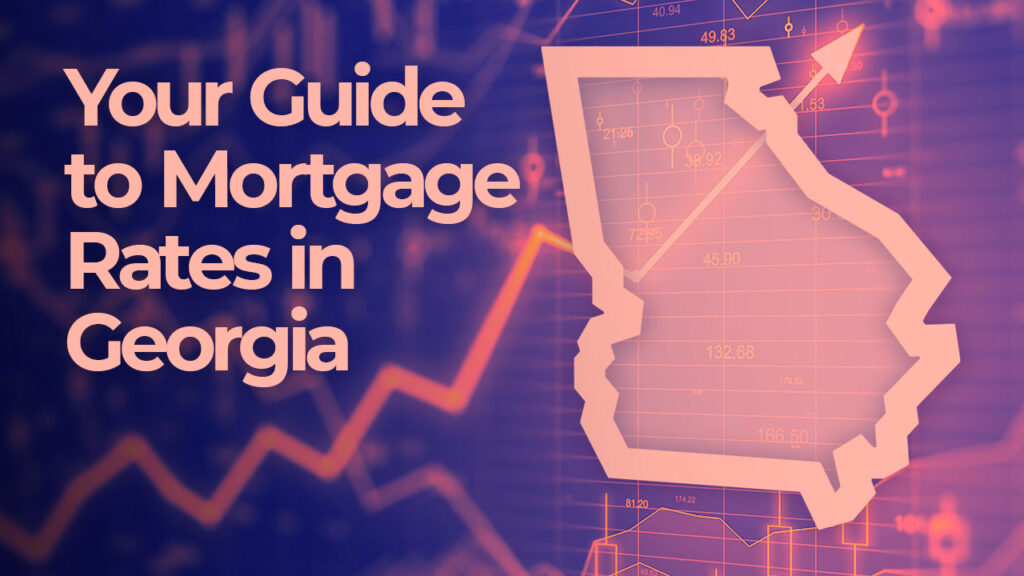The US economy is a complex machine with many moving parts. While large corporations and major financial institutions often dominate the headlines, the engine of economic growth is powered by millions of small businesses and entrepreneurs. Small loans play a crucial role in fueling this engine, enabling small businesses to start, expand, and weather economic storms. Let’s delve into the multifaceted impact of small loans on the American economy.
The Life Blood of Small Businesses
Small businesses, defined as firms with fewer than 500 employees, represent a significant portion of US businesses and employ a substantial part of the workforce. Access to credit is essential for these businesses to acquire equipment, hire employees, manage inventory, and weather unexpected downturns. Small loans provide that vital lifeline.
Types of Small Loans
The landscape of small business loans is diverse. Options range from traditional bank loans to alternative financing options such as peer-to-peer lending and microloans. Each type has its own set of requirements and terms, offering varying levels of flexibility and cost.
Impact on Job Creation
One of the most significant impacts of small loans is their contribution to job creation. By providing the capital needed to start or expand operations, small businesses can hire employees, boosting employment rates and reducing unemployment.
Economic Growth and Innovation
Small businesses are often at the forefront of innovation, developing new products and services that drive economic growth. Small loans facilitate this process by providing the resources needed for research, development, and marketing.
Access to Credit and Economic Inequality
Access to credit is not equally distributed. Minorities and businesses in underserved communities often face significant barriers to obtaining small loans, contributing to economic inequality. Addressing this disparity is crucial for inclusive economic growth.Learn more about the challenges faced by minority-owned businesses.
The Role of Government in Small Loan Programs
Government agencies play a crucial role in promoting access to credit for small businesses through various loan guarantee programs and initiatives. These programs help mitigate the risk for lenders, encouraging them to provide loans to businesses that might otherwise be considered too risky.
The Impact of Interest Rates
Interest rates significantly influence the cost and availability of small loans. High interest rates can make it difficult for businesses to afford loans, while low interest rates can stimulate borrowing and investment. Check out the current interest rate trends.
Regulation and Oversight
The small loan industry is subject to various regulations designed to protect borrowers and maintain financial stability. These regulations balance the need for consumer protection with the need to foster competition and innovation.
The Rise of Fintech Lending
The emergence of fintech companies has disrupted the traditional banking sector, offering alternative lending options with faster processing times and less stringent requirements. However, these platforms also present new challenges in terms of regulation and consumer protection.
Default Rates and Risk Assessment
Lenders carefully assess the creditworthiness of borrowers before approving loans, using various metrics to evaluate the risk of default. Default rates vary depending on various factors, including economic conditions and the type of loan.
The Importance of Business Plans
A well-written business plan is critical for securing a small loan. It demonstrates the viability of the business, its potential for growth, and the borrower’s ability to repay the loan.
The Psychological Impact of Debt
Taking on debt, even for a worthy cause, can be stressful. Entrepreneurs must carefully manage their finances to avoid overwhelming debt burdens. Learn strategies for responsible debt management.
Long-Term Economic Effects
The cumulative impact of millions of small loans ripples through the economy, fostering growth, creating jobs, and contributing to overall prosperity.
The Role of Venture Capital
Venture capital plays a significant role in financing high-growth potential small businesses, but it often comes with conditions and expectations that not all businesses can fulfill.
Microloans and Their Impact
Microloans, small loans often targeted at underserved communities, can empower individuals to start their own businesses and build economic independence. Explore the impact of microfinance globally.
Crowdfunding and Small Business Loans
Crowdfunding platforms offer an alternative way for small businesses to secure financing, bypassing traditional lending institutions. However, success often relies on strong marketing and a compelling story.
The Future of Small Business Lending
The future of small business lending is likely to involve an increased reliance on technology, data analytics, and alternative financing options. Further innovations will be driven by the need for greater efficiency, transparency, and inclusivity.
Conclusion
Small loans are essential for the health and vitality of the US economy. They empower entrepreneurs, create jobs, and fuel innovation. By addressing the challenges of access to credit and promoting responsible lending practices, we can further harness the power of small loans to build a more robust and equitable economy. 
Frequently Asked Questions
What are the main types of small business loans? There are many types, including term loans, lines of credit, SBA loans, microloans, and invoice financing. The best choice depends on the specific needs and circumstances of the business.
How can I improve my chances of getting approved for a small business loan? Having a strong business plan, good credit history, and sufficient collateral significantly increase the likelihood of loan approval. Find more tips on improving your loan application.
What are the risks associated with small business loans? The primary risk is the potential for default if the business is unable to generate sufficient revenue to repay the loan. Careful financial planning and realistic projections are essential.
What resources are available for small businesses seeking loans? The Small Business Administration (SBA) offers numerous resources and programs, including loan guarantees and counseling services. Local banks and credit unions are also valuable sources of information and assistance. Find local resources near you.


